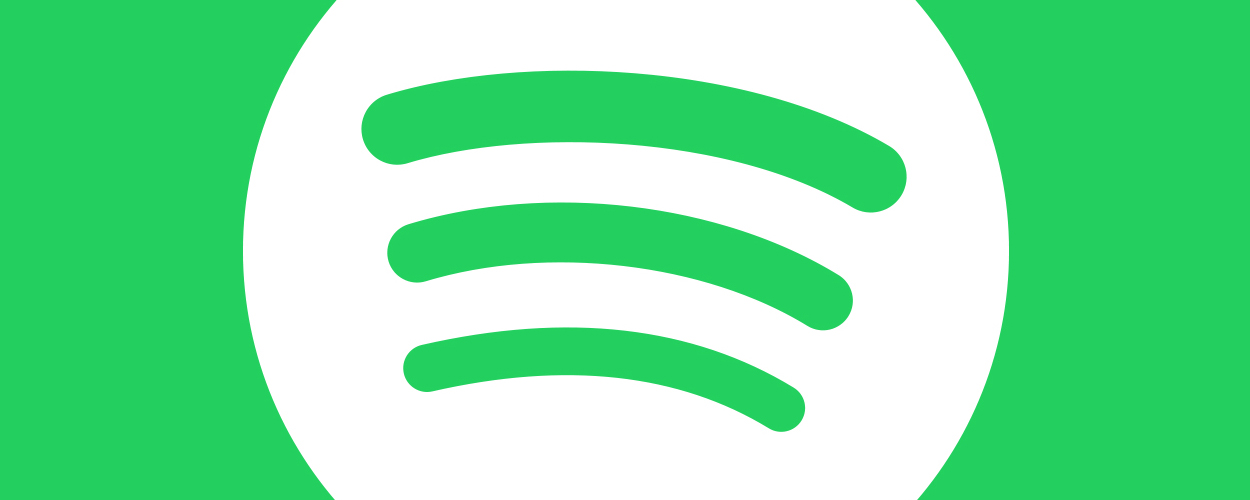This website uses cookies so that we can provide you with the best user experience possible. Cookie information is stored in your browser and performs functions such as recognising you when you return to our website and helping our team to understand which sections of the website you find most interesting and useful.
Business News Digital
Artist Rights Alliance calls Spotify’s Discovery Mode “exploitative and unfair”
By Chris Cooke | Published on Thursday 20 May 2021

The Artist Rights Alliance in the US has taken aim at Spotify’s Discovery Mode service via an op-ed piece in Rolling Stone. That service, the group says, is basically a “pay-for-play scheme”, a “cynical” move on the streaming service’s part that is “exploitative and unfair”.
Spotify announced last year that it was piloting Discovery Mode, a new system via which artists and labels can inform the streaming platform’s algorithm that powers its personalised playlists and auto-play functionality. That means artists and labels can encourage the algorithm to prioritise tracks that they are focusing on at the moment or which are particularly timely.
With the algorithm ever more important in terms of discovery and recommendations on Spotify, being able to influence it in some way is a good move. However, Spotify Discovery is basically a paid-for service, in that if artists and labels use it, they have to accept a lower royalty payment on any streams that the algorithm then initiates.
Some digital marketeers reckon that that’s a decent deal, given how valuable influencing the algorithm could be. And, in some ways, it’s no different that offering a retailer a discount on the wholesale price of a disc in return for having a release placed in a premium spot in a record shop, as routinely happened back in the CD era.
Spotify itself also likes to point out that artists involved in the Discovery Mode pilot have seen a royalty spike – despite the per-stream rate going down – because of all the extra plays they enjoy.
However, there have have been many critics of the pilot, who equate it to payola, the controversial and often illegal practice of paying radio stations to playlist your music. Some also argue that – while artists involved in the pilot may have seen a benefit – if all artists and labels start using the service, the effectiveness of the scheme will reduce, meaning everyone is just getting paid less.
In its op-ed piece, the ARA notes how, especially for newer artists, the COVID pandemic has cut off a key marketing platform via which to build a fanbase, ie getting out and playing live as often as possible. “With that path closed for now”, it writes, “artists and their label partners are increasingly dependent on Spotify, the undisputed king of music streaming, and its black box algorithms”.
“That’s why Spotify’s cynical decision to use this moment to launch a new pay-for-play scheme pressuring vulnerable artists and smaller labels to accept lower royalties in exchange for a boost on the company’s algorithms is so exploitative and unfair”, it goes on. “Artists must unite to condemn this thinly disguised royalty cut, which apparently has just been released in ‘beta’ mode and is soon expected to enter the market in full force”.
Once the Discovery Mode service is properly rolled out to all artists and labels, the ARA adds, “it’s likely to set in motion a race to the bottom in which many active artists feel compelled to pay up rather than risk being left behind in the battle for exposure. The unhappy result of this race? Artists and their labels end up receiving lower royalties without gaining any meaningful additional exposure at all, because if everyone is ‘boosted’, nobody is. If every artist, made even more vulnerable by the lack of touring income during the pandemic, pays up, there just won’t be any relative gain at all”.
“Spotify’s money grab would be unacceptable at any time”, it then states, “but it’s especially hard to swallow in the midst of a global pandemic that has cut off artist income streams while driving massive subscriber and revenue growth for the platform”.
Instead of charging artists and labels to influence the algorithm, the ARA concludes, Spotify should be much more transparent about how the music industry can organically influence the big old recommendations machine.
“If Spotify genuinely wants to partner with artists and labels on playlists, priorities, and listener recommendations”, the ARA writes, “it should start by sharing basic information about the algorithms and data powering those processes. Transparency would allow creators to make informed choices and pursue commercial success on the platform in a straightforward way, rather than the current game of digital blind man’s bluff creators are forced to play”.
The ARA is not the first music industry group to hit out at Discovery Mode. Although it didn’t specifically mention the Spotify service, the pan-European trade body for the indie community, IMPALA, did recently state in its ten point plan for making streaming work: “We call on the entire music sector to stand with IMPALA to reject any proposals by services that reduce royalties for plays, or privileged treatment, in algorithms or other features. This is payola, and has no legitimate place in improving viability and opportunity for creators”.
You can read the full ARA op-ed piece here





